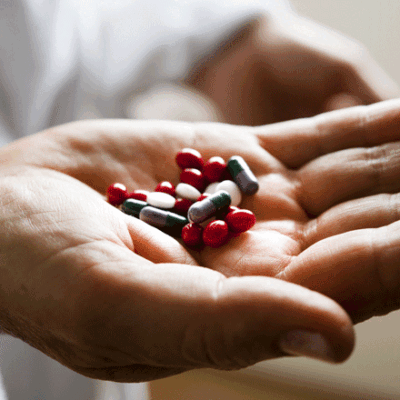Documentation
Regulatory Authorities in India
Regulatory Authorities in India
In India, the regulation of drugs and medical devices is the responsibility of several different government agencies, including:
- Central Drugs Standard Control Organization (CDSCO): The CDSCO is the primary regulatory agency responsible for the approval of new drugs and medical devices in India. It also oversees the conduct of clinical trials and ensures compliance with the Drugs and Cosmetics Act, 1940 and Rules, 1945.
- Department of Health Research (DHR): The DHR is responsible for the development and implementation of policies and programs related to health research in India. It also provides technical and financial support for health research, including clinical trials.
- National Pharmaceutical Pricing Authority (NPPA): The NPPA is responsible for the regulation of prices of drugs and medical devices in India. It works to ensure that these products are available to consumers at reasonable prices.
- Drugs Controller General of India (DCGI): The DCGI is the highest authority responsible for the approval and regulation of drugs and medical devices in India. The DCGI is responsible for granting approvals for clinical trials, monitoring the conduct of trials, and enforcing compliance with the regulations.
- Central Council of Homoeopathy (CCH): The CCH is responsible for the regulation of homoeopathic drugs in India. It is responsible for granting approvals for clinical trials, monitoring the conduct of trials, and enforcing compliance with the regulations.
In conclusion, these regulatory authorities play a critical role in ensuring the safety, efficacy, and quality of drugs and medical devices in India, and help to ensure that these products are available to consumers at reasonable prices.
You may be interested in the programs below:

